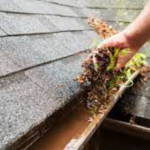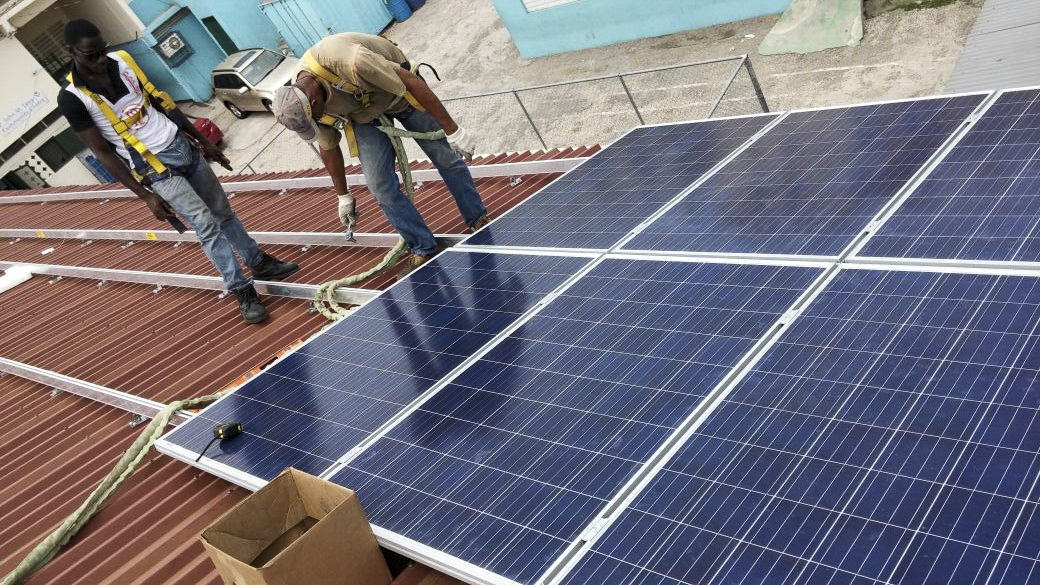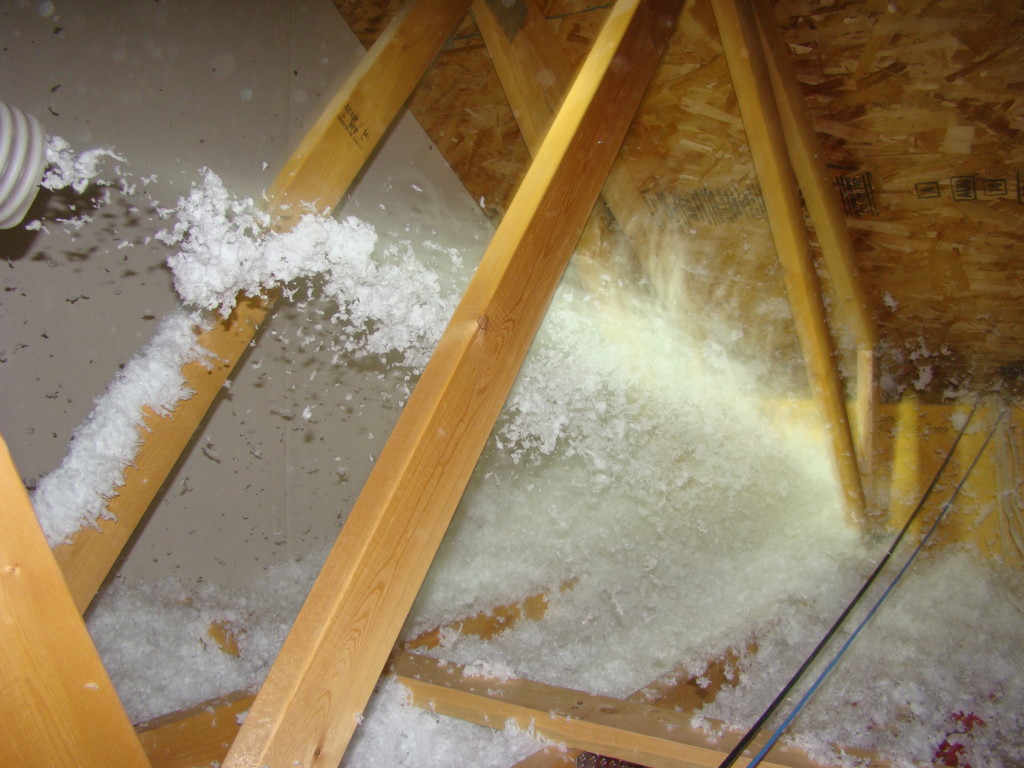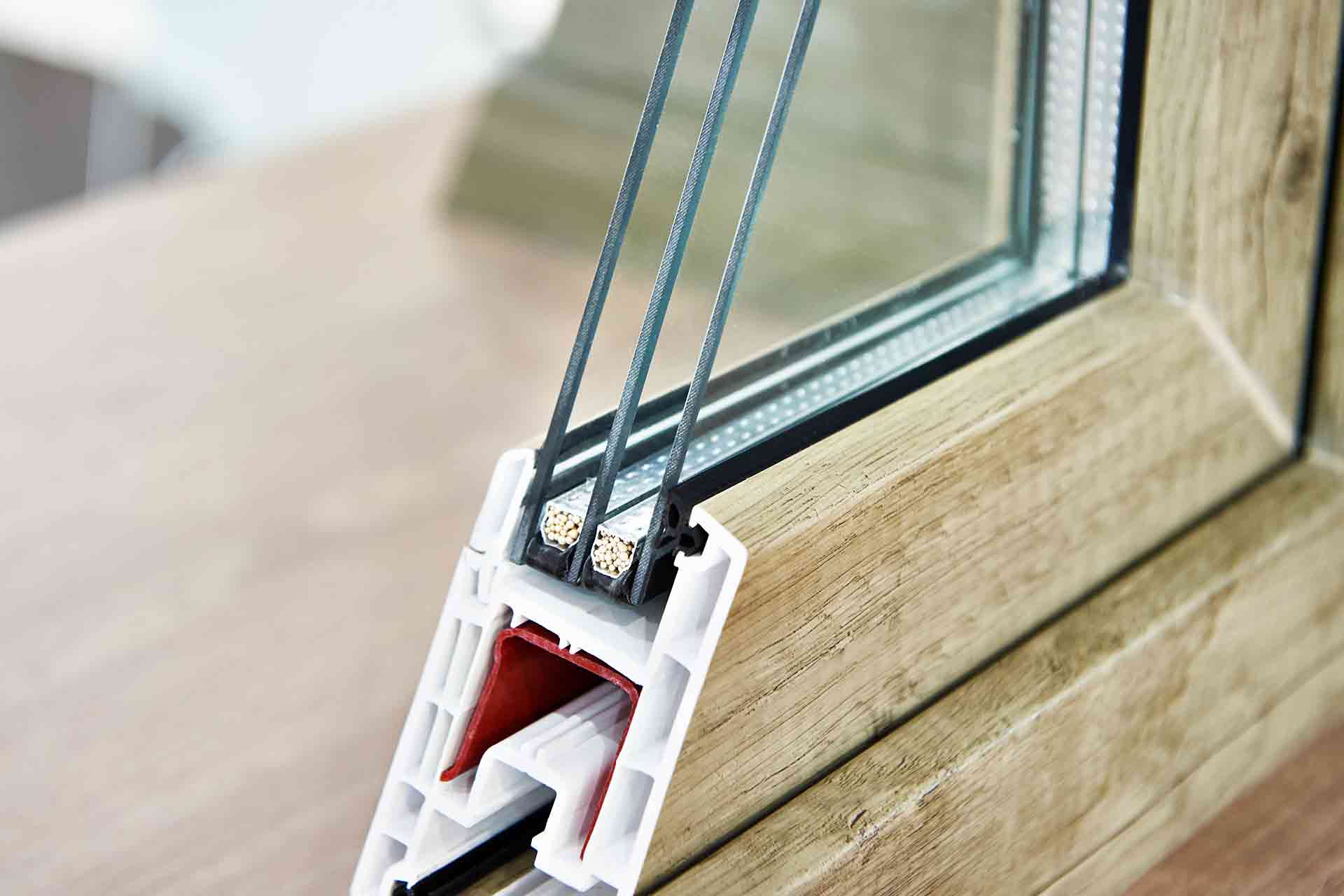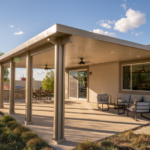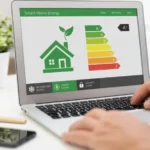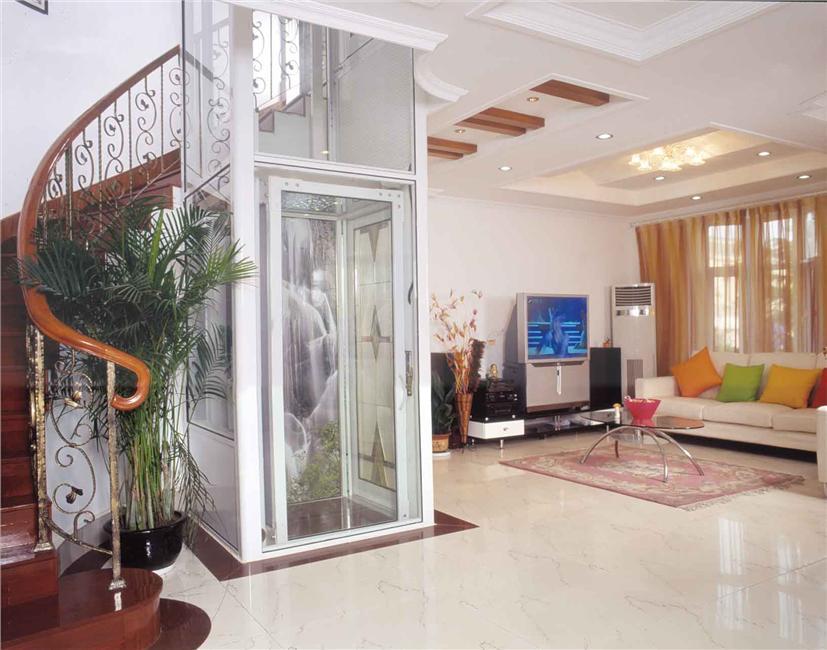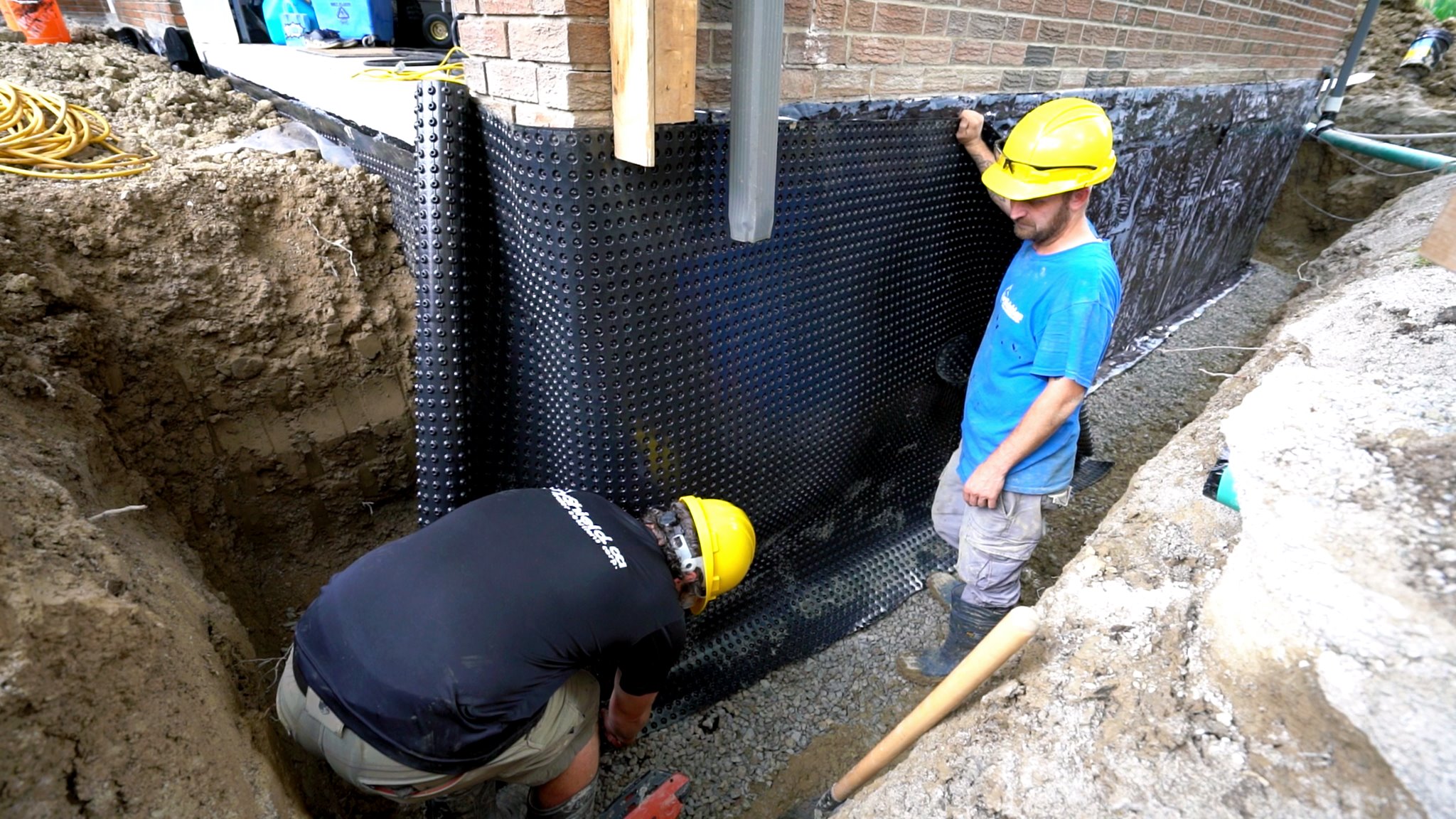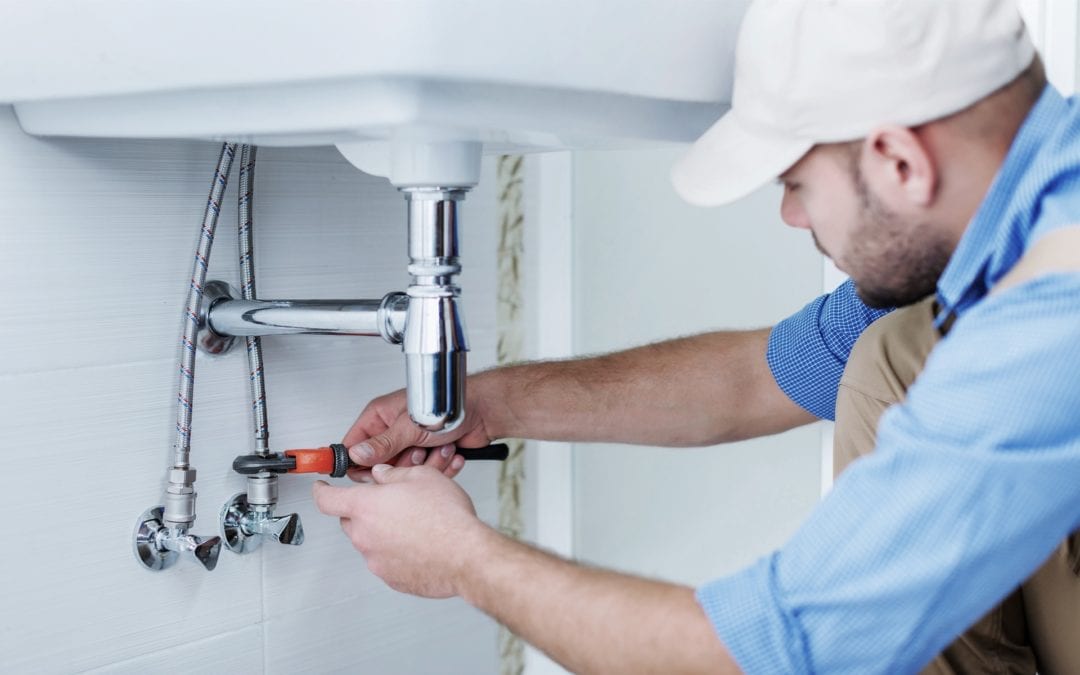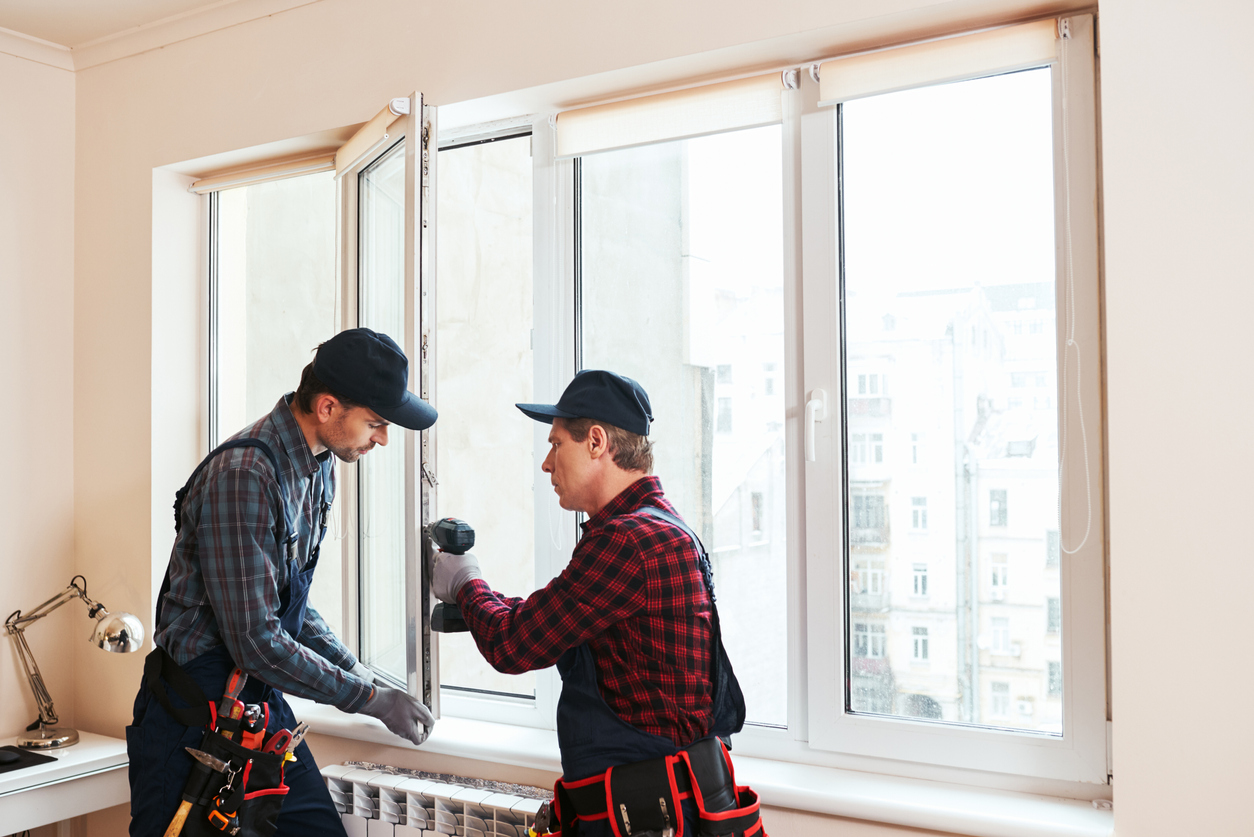Residential Roof Insulation
Cold winter weather, home heating, and utility bills are often at the forefront for most of us. It therefore makes sense for homeowners to understand how insulation works, and how a well insulated home can be more comfortable and more energy efficient. One of the very best home improvement projects a homeowner can make is roof insulation – it’s a project that delivers excellent return on investment. New home or old, roof insulation can deliver utility savings.
Energy prices are usually rising, and that means that enhancing roof insulation makes good economic sense. Interestingly, even a home built just five years ago could probably use some improvement. And while R-Values for roof insulation are the standard measure of insulation performance, everything will depend on the product chosen and the installation technique employed. Here, professional contractors will have the best advice in terms of outcomes.
Where roof insulation is lacking, or has been poorly installed, money is being wasted. And yes, there are DIY options for installing roof insulation – but for the inexperienced, there are more downsides than up. On the other hand, a professional insulation contractor understands the various product options available, and can recommend the best installation for the situation. The attic and roof are the biggest source of heat loss, so roof insulation is worth doing right.
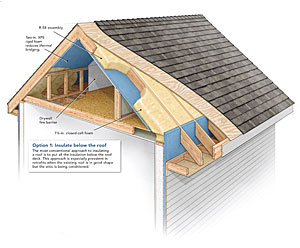
There’s a lot to consider with roof insulation. For example, some insulation products settle down over time, and consequently lose R-Value – that’s not good. Others don’t perform well when it comes to moisture resistance – never mind a serious roof leak. And roof insulation also depends on proper ventilation throughout the attic space. Here again, a professional approach can incorporate roof insulation and roof ventilation into a well-balanced system.
Roof insulation should be viewed as a complete system – there should be an air barrier that prevents air movement, an insulation envelope that ensures R-Value, and a vapor barrier that prevents moisture accumulation. This is the ultimate approach to roof insulation and one that will deliver the best results over time. Regardless of product choice, the basics for roof insulation remain the same: sealing the space airtight and ventilating appropriately.
For the very best in roof insulation, many professionals are recommending polyurethane spray foam. This is an application that totally blankets the entirety of the roof area and attic – all of the joists and beams; all of the plumbing and electrical. The space becomes airtight and moisture proof. And its more than just roof insulation – it’s an air barrier and vapor barrier that delivers the highest R-Value of any product on the market.
Inasmuch as spray foam insulation is a premium product (and somewhat costly), contractors also offer a “hybrid” approach to roof insulation. It’s a combination installation that includes polyurethane spray foam and “blown-in” insulation in one. Beyond cost effectiveness, this installation ensures airtightness and optimum insulation. Its an approach to roof insulation that will deliver both energy conservation and utility savings right around the year.

Claire Derrick is a home blogger who loves to share her experiences with others. She likes being motivated and encourages people to be the best they can be.

